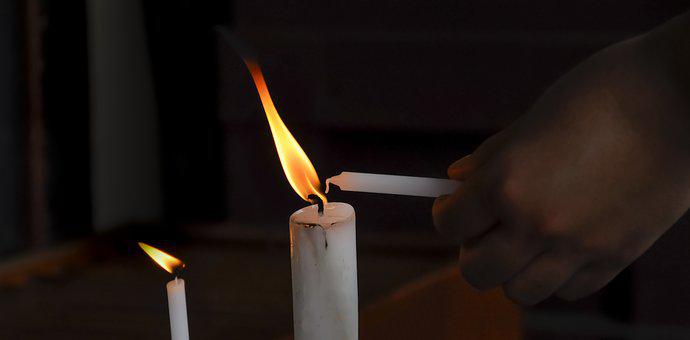I once told him he was in the HBO pantheon. I guess we must have already told him, but his reaction showed me that it didn’t really affect him. To feast on praise was not his style. He always wanted to move forward. His attitude seemed to say, “Don’t honor me now, wait for my death.” For now, I work. »
But he still knew how much people loved him. Sometimes during our conversations, he was outside, and I could clearly hear that someone had come up to him, and they would start talking. He was a very busy person but he remained open to exchanges. These interactions, it gave him a lot of energy.
The very fact that I speak in his name is strange. I’ve never given interviews because normally it’s the person I’m helping to write their book who answers the questions. This book was an idea of his own, it was to provide him with support to tackle all these social issues that were close to his heart, and he will never have the opportunity to fulfill this mission. His passing was a huge loss. Unfortunately, it is not me, its co-author, who can fill this void and that saddens me.
I was playing with my son in the garden when I learned that Michael had died. It was Labor Day, and I got a call from Mike’s manager. I was in shock. The previous week, we had spoken twice on the phone. He had called me the previous Friday because he had memories of his acting lessons. He was happy, positive. There has been much speculation about what happened. Yes, Michael was addicted and he was completely honest about it. Still, his death was a horrific surprise.
He had managed to free himself from many burdens that held him back. He said: “Now that I know who I am, I have to find out why I exist. That was his motivation. It gives the impression that life has pulled the rug out from under him.
It was difficult to loop alone, re-listening to his calls. I felt like I was talking to a ghost. Anyone who reads the book today already knows how it ends, and that makes it even more difficult. He was an incredible person. I miss him.
He kept memories of what he called his “lost years”. He continued to harbor remorse for the time he had wasted, which I had a hard time understanding. I was like, “Listen Michael, you’ve done so much, you give so much of your time and money to all these causes. But he kept blaming himself for this wasted time.
In the book, Michael uses a lot of pretty catchy phrases (“there’s no tomorrow for me,” or that sort of shocking phrase) but I want people to know that was exactly how he was speaking. He was someone very sensitive to the spiritual dimension. I don’t know if he had regained his will to live, or if he had a presentiment of something, but many statements in the book show that he was aware of the fragility of his existence. »
Article originally published in GQ US.
French adaptation Dario Rudy.
“After The Wire, he felt lost”: Michael K. Williams told by his biographer

